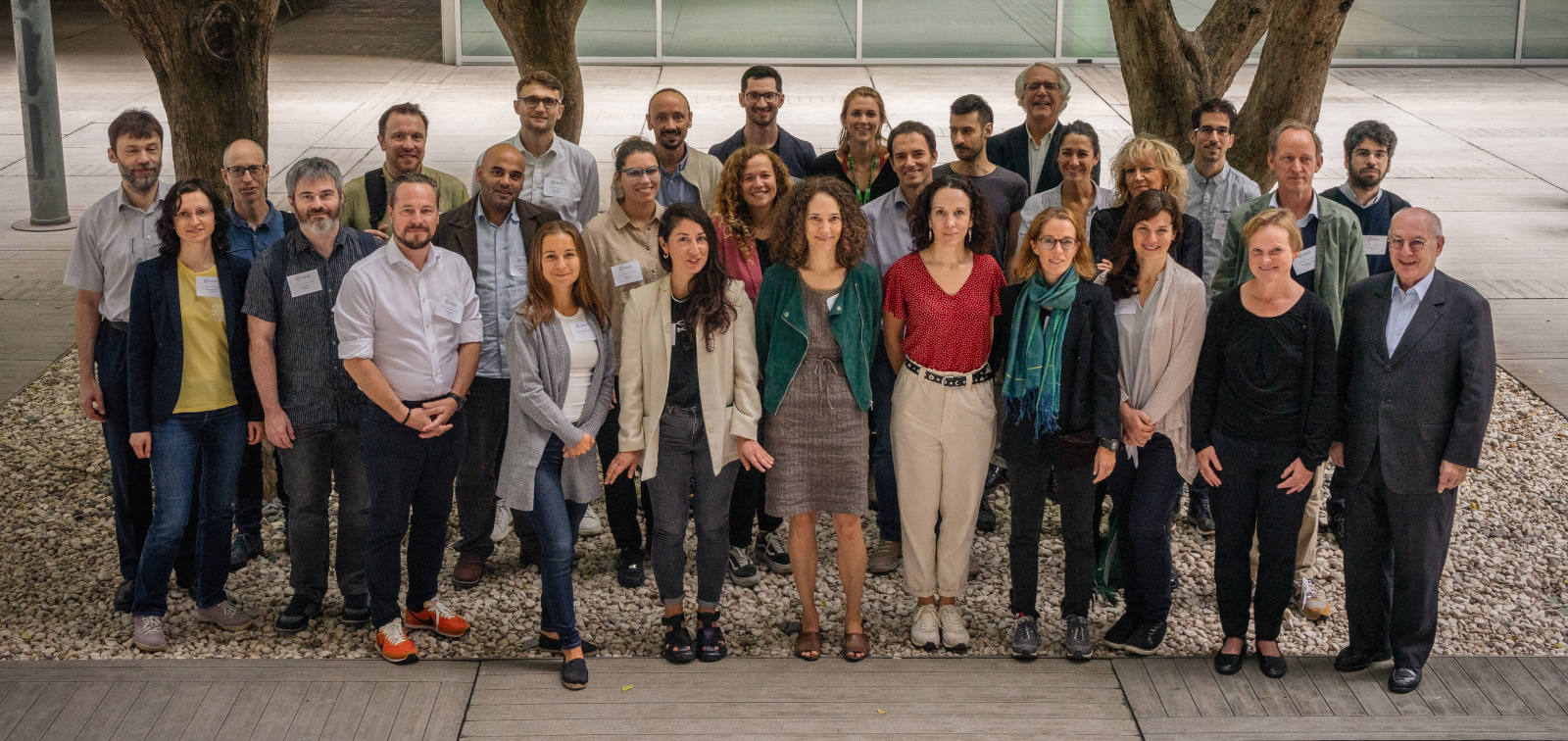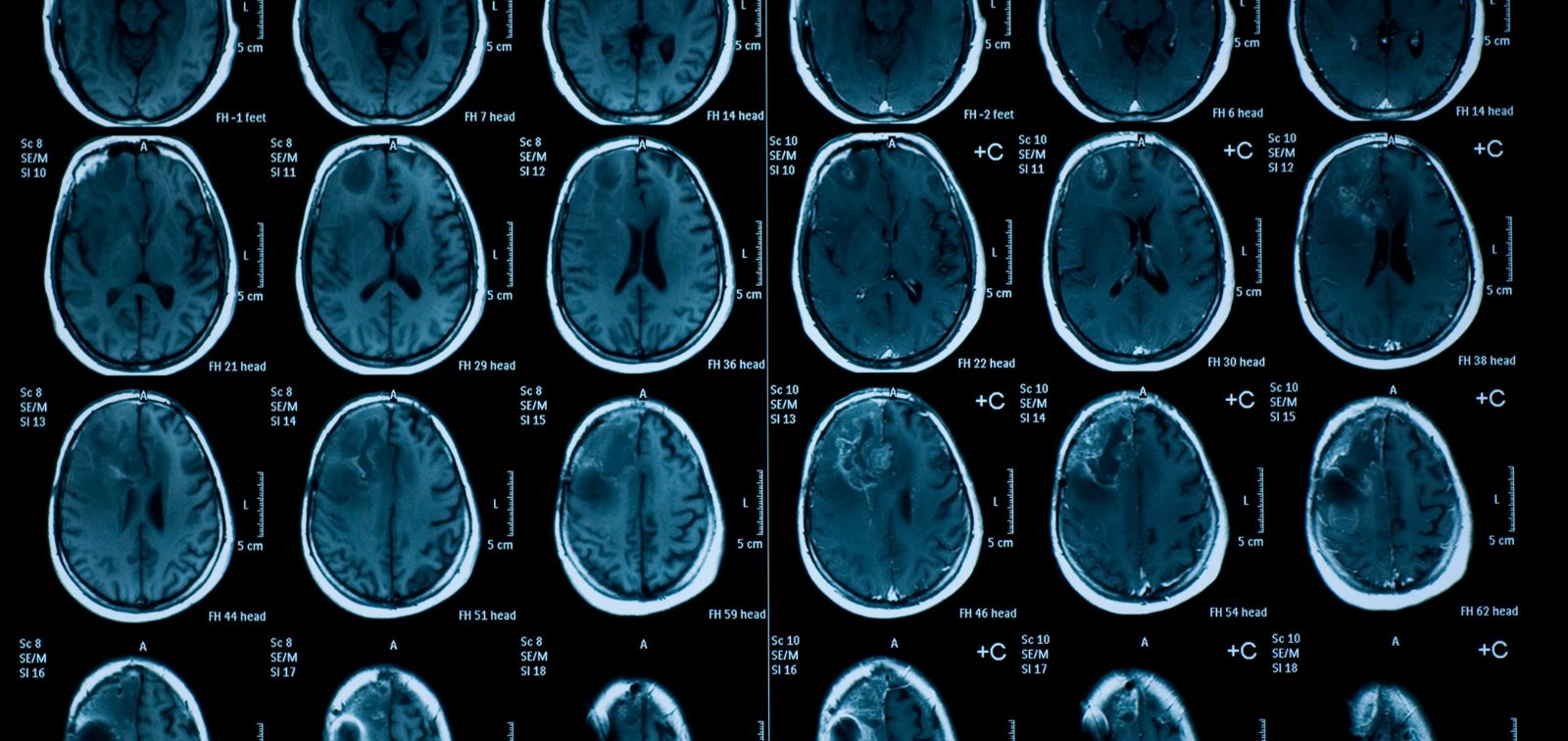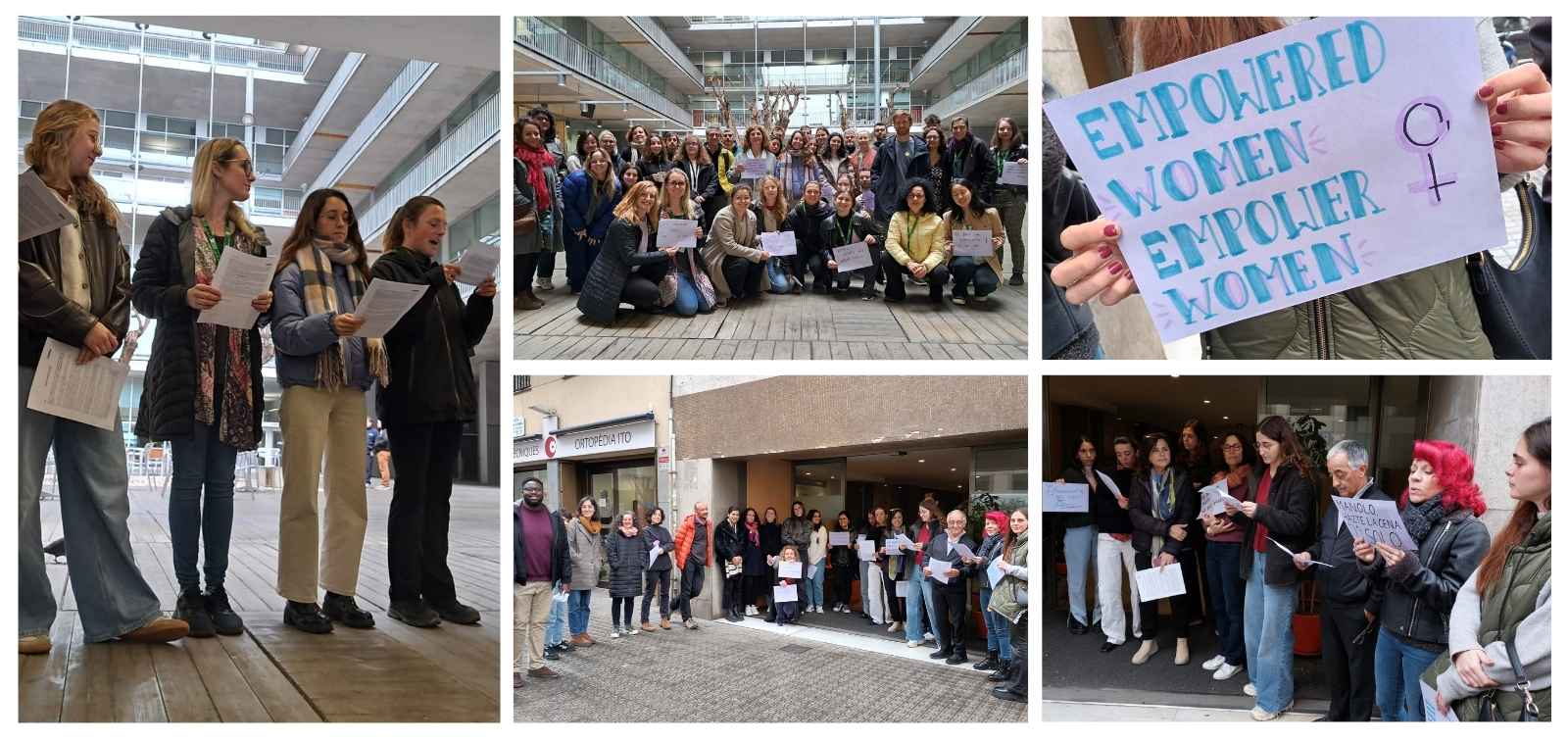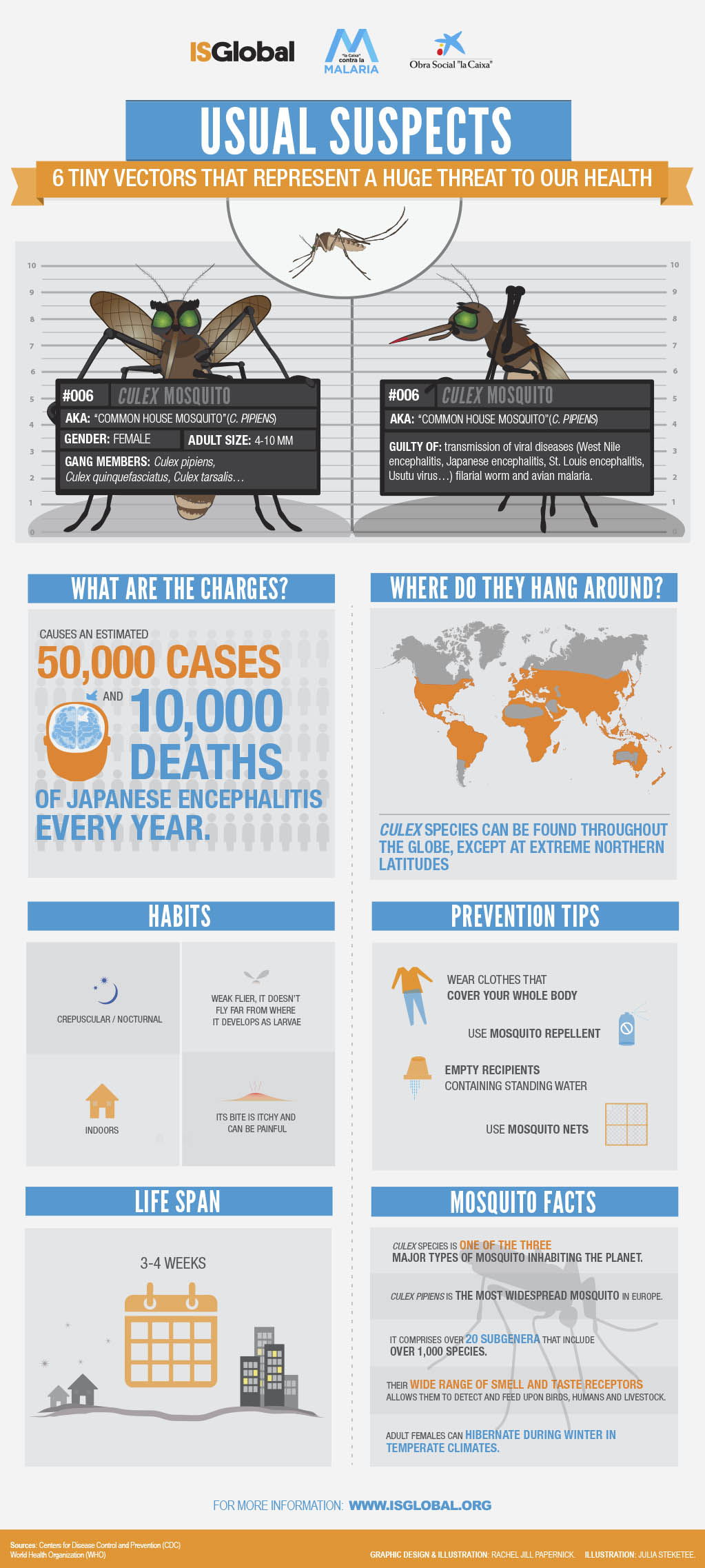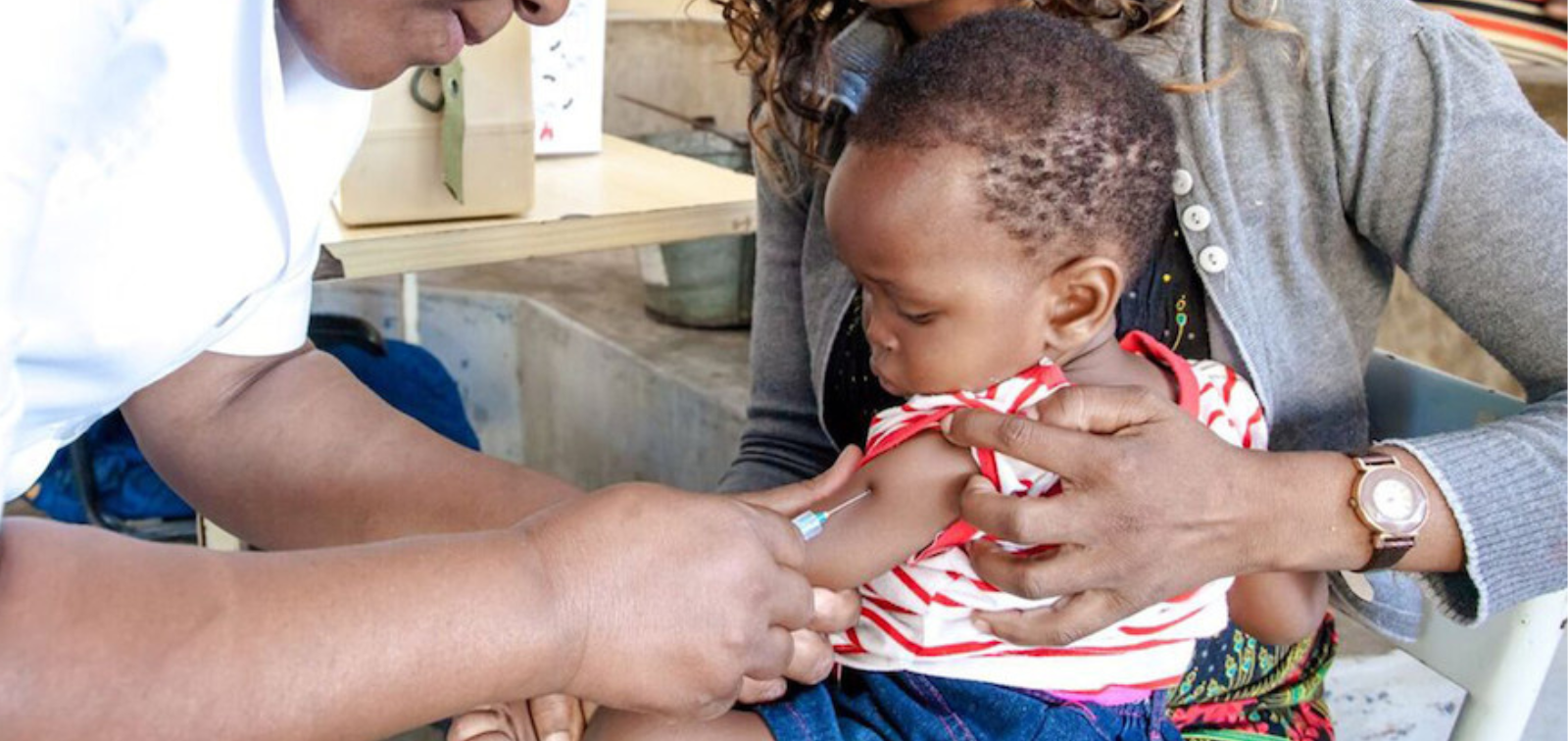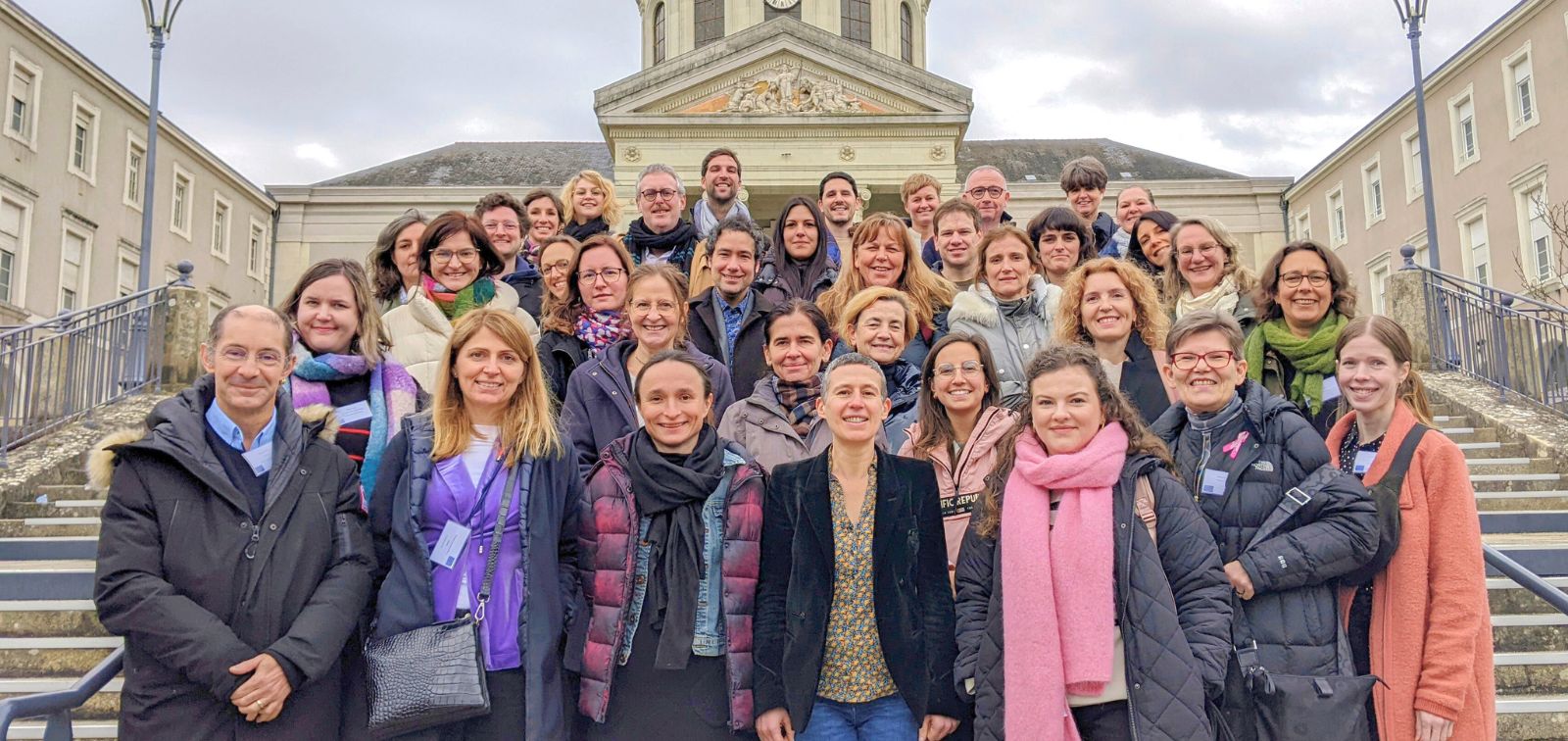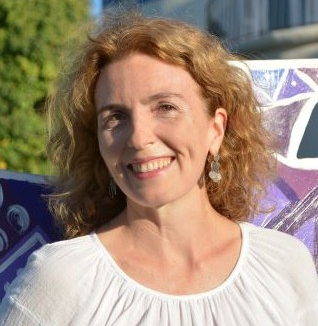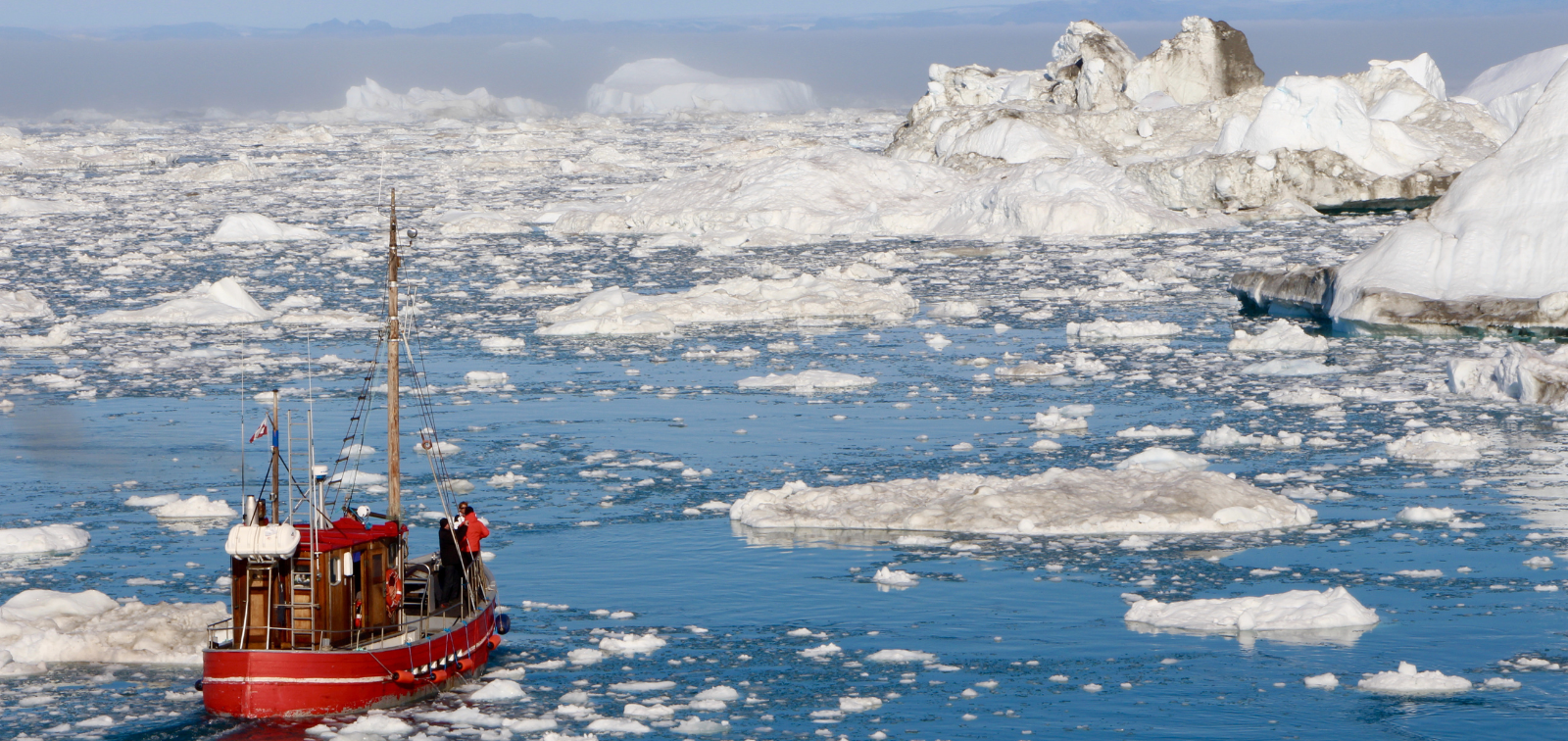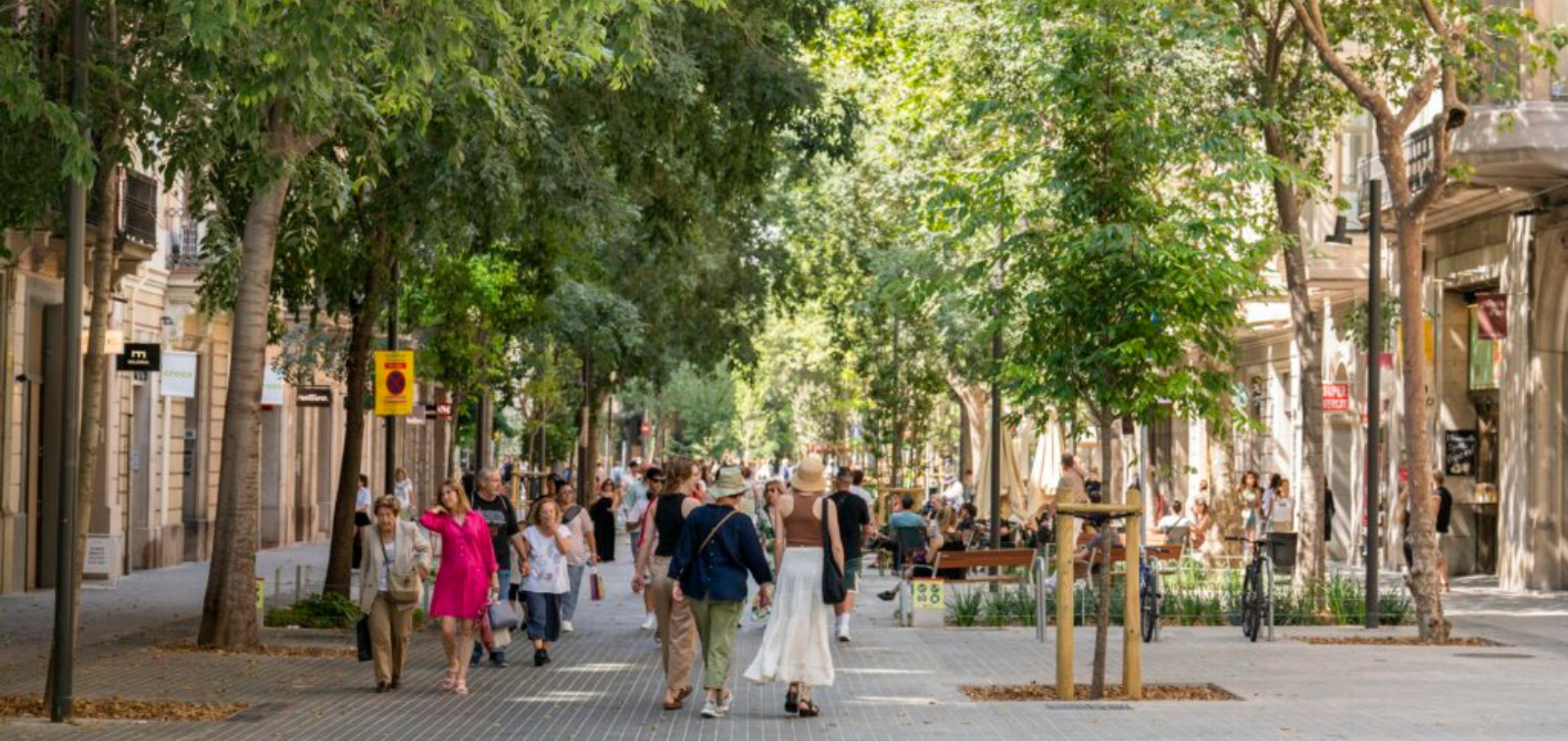Reducing traffic in Barcelona by 25% would prevent around 200 premature deaths a year linked to pollution
A study assesses the impact that the Urban Mobility Plan and the electrification of the port could have on NO2 levels in the city and related mortality
25.03.2025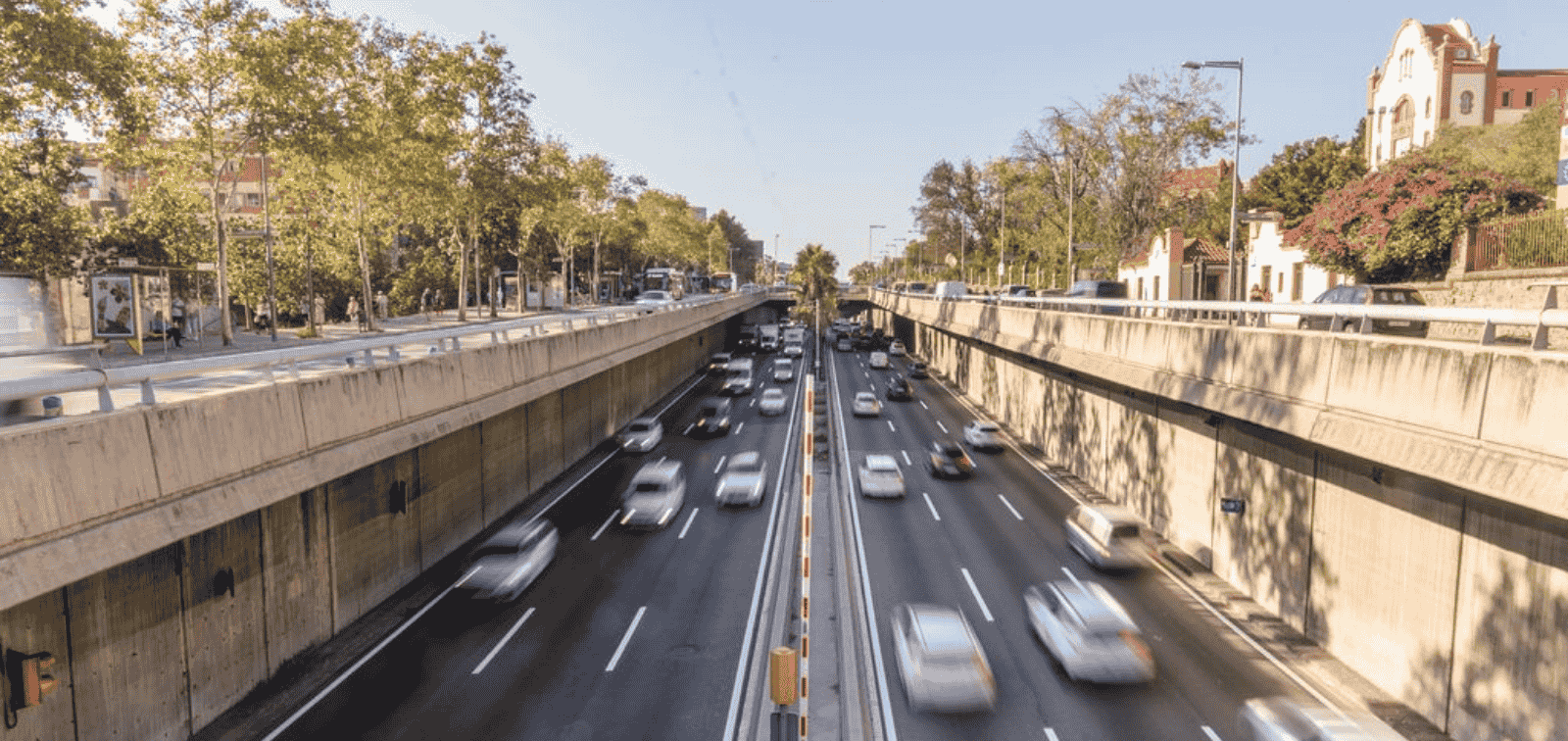
A 25% reduction in motorised traffic in the city of Barcelona would have significant health benefits. A study carried out by the Barcelona Institute for Global Health (ISGlobal), a centre supported by the "la Caixa" Foundation, estimates that this reduction in the number of vehicles could lead to a 17.6% reduction in nitrogen dioxide (NO2) levels. This improvement in air quality would prevent almost 200 premature deaths per year, and if the electrification of the port is completed, the number of avoidable deaths would rise to 228 per year.
The study, published in the journal Health & Place, has been carried out in collaboration with the Barcelona Supercomputing Center-Centro Nacional de Supercomputación (BSC-CNS), which has developed a technology that allows the modeling of traffic emissions and other sources throughout the city and the resulting pollution levels at the level of census tract, based on the evolution of a series of variables, including car activity, meteorology and urban geometry, among others.
Following the methodology used in health impact studies, the team established a baseline scenario set in 2019. From this, three hypothetical scenarios were established, each with different levels of traffic reduction but with one thing in common: the implementation of the 2018-2024 Urban Mobility Plan, which included measures such as the creation of superblocks and green corridors, the creation of a low-emission zone and tactical urban planning measures.
Same amount of traffic, but less polluting cars
For the first simulation, a conservative scenario was defined in which it was not possible to reduce the number of private vehicles in the city, but it was possible to remove the most polluting vehicles from circulation. In this case, the models estimated that there would be a 5.9% reduction in NO2 levels. This reduction would prevent 67 premature deaths related to nitrogen dioxide each year. The benefits associated with this scenario would be evenly distributed across the city.
25% fewer private cars on the road
The second scenario simulated a 25% reduction in the number of private cars on the road, resulting in a 17.6% reduction in NO2 concentrations and the prevention of 199 deaths per year. In this case, the reduction in mortality would be concentrated especially in the city centre, which is in fact the area with the highest pollution levels, as well as areas to the north-west.
The role of port electrification
The third scenario considered emissions from ports. It is estimated that maritime traffic contributes to around 7% of NO2-related mortality in the city. The Port of Barcelona currently has a plan to electrify its docks to reduce emissions from ships while they are in port, which is expected to be completed in 2030. Therefore, the combined impact of a 25% reduction in private traffic and the electrification of the port was simulated, resulting in a 19.4% reduction in NO2 levels and 228 preventable deaths per year. This combination of factors would be particularly beneficial in reducing mortality in the southern areas of the city, the ones closest to the coast.
The starting point for all the analyses was the city's mortality data supplied by the City Council and the NO2 levels for all the scenarios estimated by the models according to the variables introduced. The relationship between NO2 levels and the number of preventable deaths was obtained from previous studies.
Far from meeting European regulations
“Although the preventable mortality we estimate is significant, none of the scenarios proposed in our study would be able to comply with the new NO2 limits proposed by the European Union in its new air quality directive, which will come into force in 2030. This suggests that we must do more and do it more effectively in order to improve the air quality in our city,” says Ana Ramos, ISGlobal researcher and first author of the study.
Mark Nieuwenhuijsen, director of ISGlobal's Climate, Air Pollution, Nature and Urban Health programme, points out: “This study focuses on Barcelona, but it also sets an example for other cities to understand the impact that targeted policies can have on reducing air pollution.”
“The study focuses only on the impact of these measures on NO2 levels, but it is hoped that they will also have a positive effect on the climate in terms of reducing greenhouse gas emissions,” says Marc Guevara, leader of the atmospheric emissions modelling team at the BSC.
Reference
Ana Ramos Velásquez, Marc Guevara, Jan Mateu Armengol, Daniel Rodríguez-Rey, Natalie Mueller, Marta Cirach, Sasha Khomenko, Mark Nieuwenhuijsen, Health impact assessment of urban and transport developments in Barcelona: A case study, Health & Place, Volume 91, 2025, 103406, ISSN 1353-8292, https://doi.org/10.1016/j.healthplace.2024.103406.


